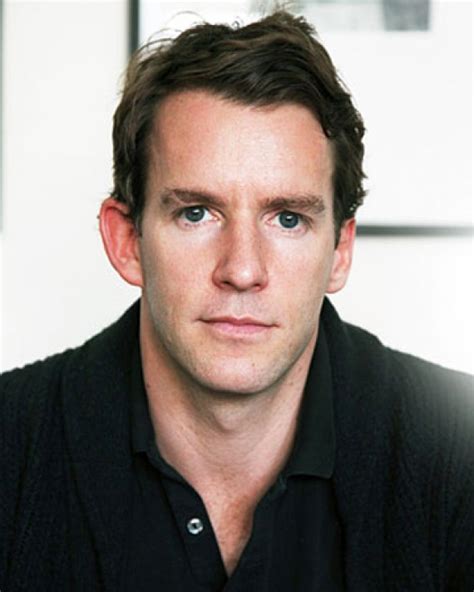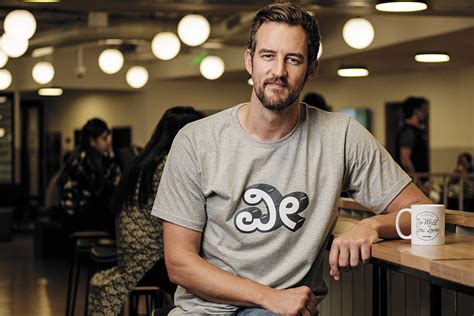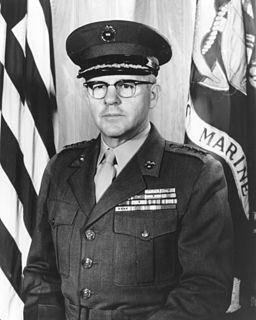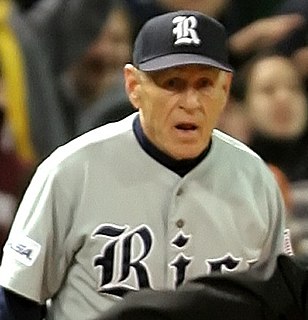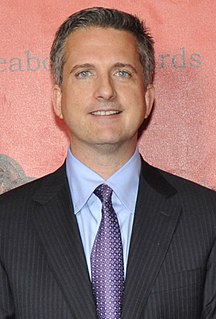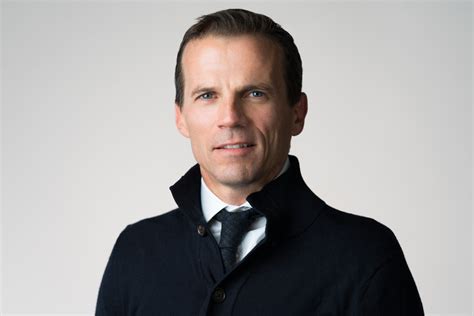A Quote by Scott D. Anthony
One of the biggest mistakes large companies make is creating innovation teams that mirror all the functions of the core business. Those teams make no progress because they spent forever updating each other on what they are doing versus really crushing the most critical problems they need to address.
Related Quotes
I've been interested in the idea of forgiveness and the necessity of it. I think of it as the most critical piece of any relationship, whether that be business, or romantic, or familial. We fail each other. We make mistakes. If we contract to go on after those mistakes, forgiveness is involved. Forgiveness is required.
The galleries are full of critics. They play no ball, they fight no fights. They make no mistakes because they attempt nothing. Down in the arena are the doers. They make mistakes because they try many things. The man who makes no mistakes lacks boldness and the spirit of adventure. He is the one who never tries anything. His is the brake on the wheel of progress. And yet it cannot be truly said he makes no mistakes, because his biggest mistake is the very fact that he tries nothing, does nothing, except criticize those who do things.
The reason why it is so difficult for existing firms to capitalize on disruptive innovations is that their processes and their business model that make them good at the existing business actually make them bad at competing for the disruption. Companies in fact are specifically organized to under-invest in disruptive innovations! This is one reason why we often suggest that companies set up separate teams or groups to commercialize disruptive innovations. When disruptive innovations have to fight with other innovations for resources, they tend to lose out.
There's a tipping point that happens with soccer in which you just kinda get it. I was drawn to it because the best soccer teams play similarly to my favorite basketball teams - like the eighties Lakers or eighties Celtics - teams that emphasized teamwork over individualism and relied on passing as their biggest ongoing edge.
One of the factors that make great companies so great is that they have processes that allow them to solve difficult problems again and again. These processes have developed over time as teams have successfully wrestled with a certain type of challenge. Eventually, people begin to say, "This is just how we do something around here." The problem develops when that team then has to solve a very different set of challenges. The processes that are such strengths can be crushing liabilities.

